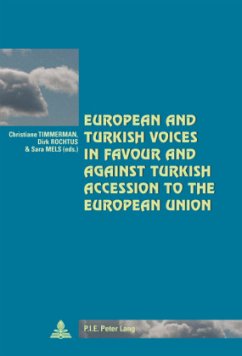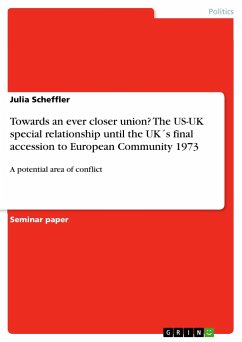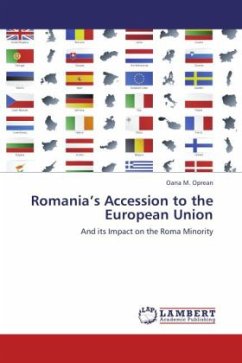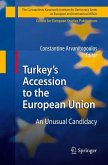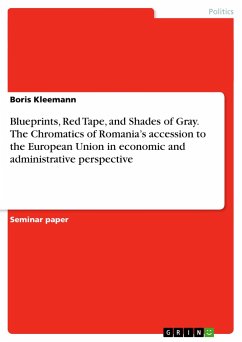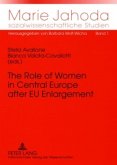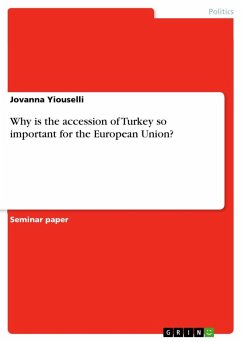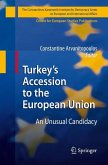In 2005 the European Commission and the Turkish government started their investigation of the adaptation of Turkish legislation to European law. But public opinion remains sceptical and a thorough discussion among European and Turkish proponents is still needed. Apart from the many beliefs, ideals and prognoses that circulate about the past and future of Europe as well as Turkey, the negotiations continue and different scenarios and time-frames are being developed. In the end, it is the question of the otherness of Turkey to Europe that constitutes the core of the discussion and may offer the start of an answer.
To put forward the arguments for and against Turkish accession to the European Union, the University Centre Saint-Ignatius Antwerp organised a two-day academic workshop held in June 2006 in Antwerp. This publication gathers together the opinions of Turkish and European scholars and diplomats about the socio-economic, cultural-religious and political arguments being used in the discussion.
To put forward the arguments for and against Turkish accession to the European Union, the University Centre Saint-Ignatius Antwerp organised a two-day academic workshop held in June 2006 in Antwerp. This publication gathers together the opinions of Turkish and European scholars and diplomats about the socio-economic, cultural-religious and political arguments being used in the discussion.

